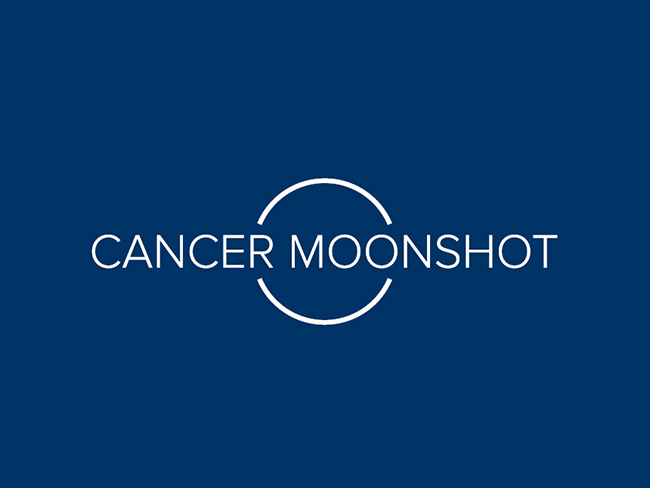
Share On Social!
Forty-five years after the passage of President Richard Nixon’s National Cancer Act, President Barack Obama introduced the Cancer Moonshot and the All of Us Research Program as the next steps in cancer research and treatment.
 Both have the strong potential to forever alter the landscape of understanding cancer.
Both have the strong potential to forever alter the landscape of understanding cancer.
However, what does the Cancer Moonshot mean for minorities?
A new editorial co-authored by Dr. Amelie G. Ramirez, director of Salud America! at UT Health San Antonio, addresses this specific question.
The editorial, published in the journal Cancer Causes & Control, notes the persistence of cancer health disparities. Latinos, African Americans, and other groups differ in cancer incidence reporting, treatment, prognoses, and mortality compared to Whites.
African American women have the highest death rate from breast cancer, and the rate of aggressive breast cancer is also disproportionately high among African American and Latinas from low-income families. Latinas also die from breast cancer at a rate of about 1.5 times that of non-Hispanic white women.
 “Breast and cervical cancers disproportionately affect African American, Hispanic, and American Indian Women,” Ramirez writes in the editorial. “Colorectal cancer is the second-leading cause of death for Latinos.”
“Breast and cervical cancers disproportionately affect African American, Hispanic, and American Indian Women,” Ramirez writes in the editorial. “Colorectal cancer is the second-leading cause of death for Latinos.”
“Cancer has replaced heart disease as the No. 1 cause of death for Hispanics.”
Ramirez points to precision medicine and the inclusion of minorities in data collection and data sharing as key ways to bridge these gaps.
Other key efforts are emerging to reduce disparities and increase diversity in studies:
- Patient navigation
- Using mobile technology to collect health data
- national consortiums dedicated to including diverse groups
- university training doctors in health disparities.
“[It] is imperative for the Cancer Moonshot and precision medicine as well as cancer center leaders to develop a multifaceted approach to address disparities in health care,” Ramirez writes. “If every population group in this country is taken into account—it is possible that the Cancer Moonshot and precision medicine will meet and possibly exceed expectations and go a long way to fulfilling the dream/mission of eradicating the scourge of cancer for all time, and health disparities with it.”
Explore More:
Healthy Families & SchoolsBy The Numbers
142
Percent
Expected rise in Latino cancer cases in coming years



